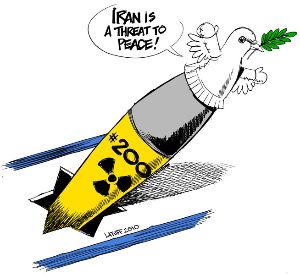Is Pakistan a feudal society?
The situation in Pakistan is almost identical to that of Nigeria. The scientific explanation of the Pakistani society as put forward by Lai Khan also applies to Nigeria and the underdeveloped economies of the world.
For quite some time now several so called secular parties, especially the MQM, have been campaigning around the idea that feudalism is the real cause of the country’s plight and its abolishment is the only solution to Pakistan’s tribulations. Their endeavour is in fact mainly to defend the petty bourgeois businesses and the Mafia capitalism on which they rely for their social and economic basis.
This cliché has been in vogue for decades. The ex-lefts and the liberal intelligentsia have been analysing Pakistan as a feudal society and defining the solution in the accomplishment of the national democratic or the bourgeois revolution for the development of the country.

